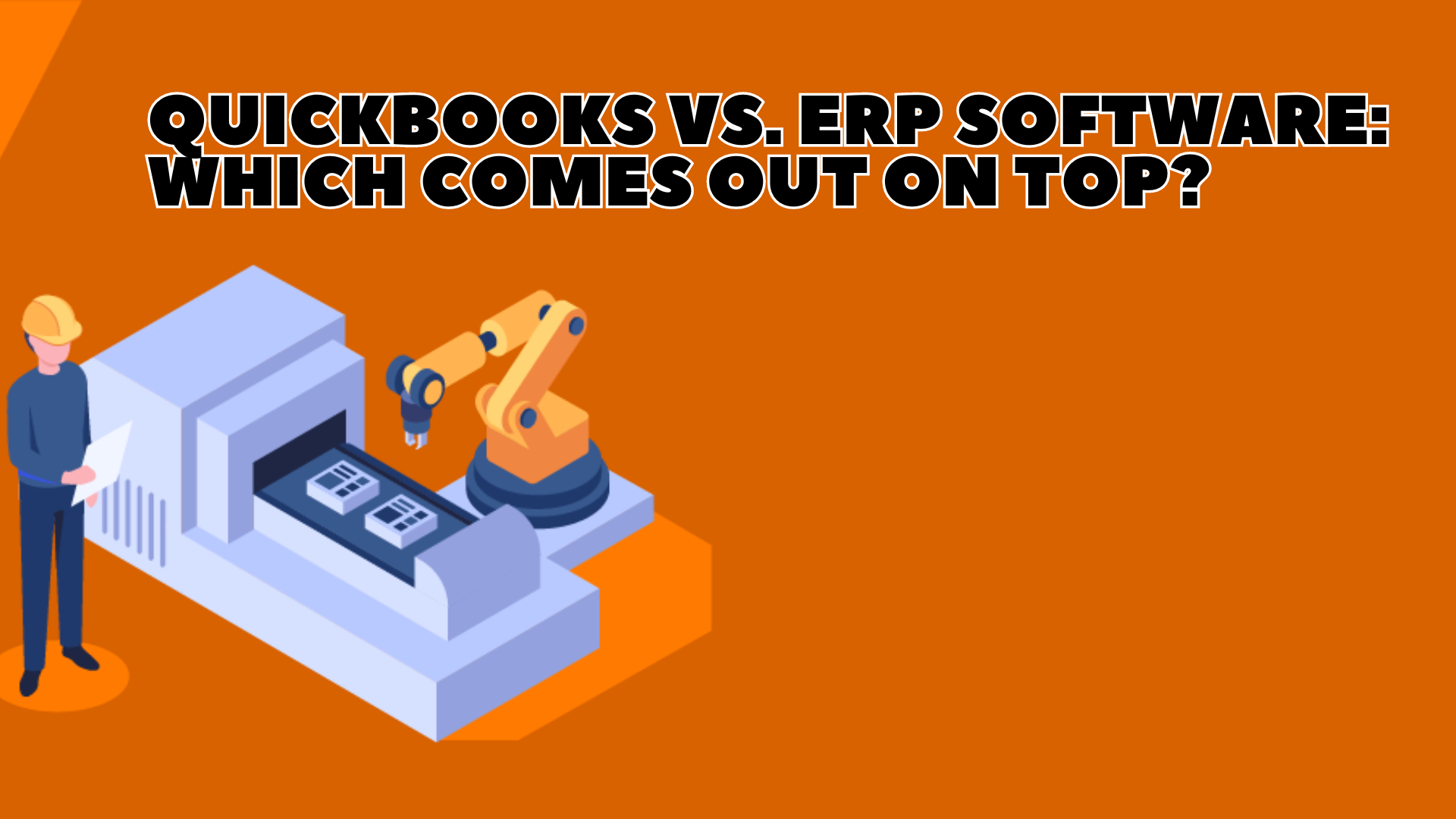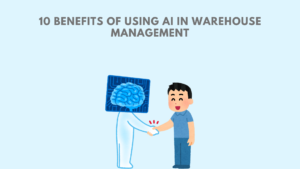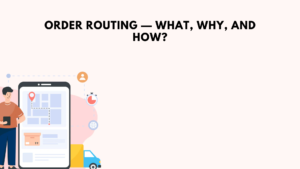When it comes to managing your business’s finances and operations, choosing the right software is crucial. Two of the most popular options are QuickBooks and ERP (Enterprise Resource Planning) software. While both solutions have their advantages, the best choice depends on the specific needs and scale of your business. In this blog, we’ll compare QuickBooks and ERP software to help you decide which one is right for you.
What is QuickBooks?
QuickBooks, developed by Intuit, is a widely used accounting software designed primarily for small to medium-sized businesses. It offers a range of features including:
- Invoicing and Billing: Create and send invoices, track payments.
- Expense Tracking: Monitor expenses and manage receipts.
- Payroll: Handle employee payroll.
- Financial Reporting: Generate standard financial reports.
- Inventory Management: Basic inventory tracking and management.
What is ERP Software?
ERP software is a comprehensive suite of applications designed to manage all aspects of a business’s operations. It integrates various functions such as:
- Accounting and Financial Management: Advanced financial reporting, budgeting, and forecasting.
- Inventory and Supply Chain Management: Detailed tracking of inventory, procurement, and supplier management.
- Human Resources: Employee management, payroll, and benefits administration.
- Customer Relationship Management (CRM): Sales, marketing, and customer service.
- Manufacturing: Production planning, scheduling, and control.
Popular ERP systems include SAP, Oracle, and Microsoft Dynamics.
QuickBooks vs. ERP Software: Key Comparisons
1. Cost
- QuickBooks: Generally more affordable with various pricing plans suitable for small to medium businesses. Subscription costs range from around $25 to $150 per month.
- ERP Software: Can be significantly more expensive, often requiring substantial upfront investment and ongoing maintenance costs. Implementation can run into the tens or hundreds of thousands of dollars, depending on the complexity and scale.
2. Implementation
- QuickBooks: Quick to set up and user-friendly. Most businesses can get started immediately with minimal training.
- ERP Software: Complex implementation process that can take several months. Requires thorough planning, customization, and training.
3. Scalability
- QuickBooks: Suitable for small to medium businesses but may struggle with the needs of larger enterprises or very complex operations.
- ERP Software: Highly scalable and can accommodate the needs of large enterprises with complex, multi-faceted operations.
4. Functionality
- QuickBooks: Excellent for basic to moderately complex accounting needs. It covers essential functions but may lack advanced features required by larger businesses.
- ERP Software: Comprehensive functionality covering all business processes. Offers advanced features like detailed financial analysis, supply chain management, and integrated CRM.
5. Customization
- QuickBooks: Limited customization options. Primarily designed for standard accounting tasks.
- ERP Software: Highly customizable to fit specific business processes and workflows. Can be tailored to meet unique industry requirements.
6. Integration
- QuickBooks: Integrates with a variety of third-party applications, but the scope and depth of integration are limited compared to ERP systems.
- ERP Software: Designed to integrate all aspects of a business into one cohesive system, offering seamless data flow and unified reporting.
Which One Comes Out on Top?
The answer depends on the size and complexity of your business:
- Small to Medium Businesses: QuickBooks is often the better choice due to its affordability, ease of use, and sufficient features for basic accounting and financial management. It’s ideal for businesses that need a straightforward solution without the complexity and cost of an ERP system.
- Large Enterprises or Growing Businesses with Complex Needs: ERP software is the superior option. It provides comprehensive functionality, scalability, and integration necessary to manage extensive operations. Although more expensive and complex to implement, ERP systems offer the depth and breadth of features required for larger, more complex businesses.
Conclusion
Choosing between QuickBooks and ERP software ultimately comes down to your business’s specific needs, size, and complexity. QuickBooks is an excellent solution for small to medium businesses looking for a cost-effective and easy-to-use accounting tool. In contrast, ERP software is better suited for larger enterprises requiring a comprehensive, integrated system to manage all business processes.
Carefully assess your business requirements and consider consulting with a financial advisor or IT consultant to make the best decision for your organization.









